| Equity & Diversity
Finding a voice through film – from student success to Stonewall storyteller
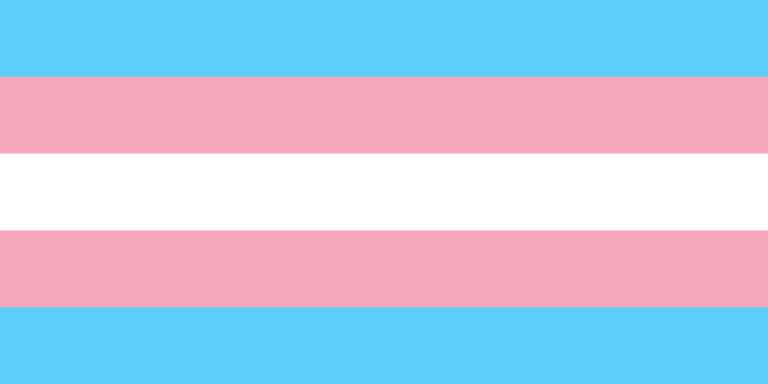
Hi
Welcome to our second post celebrating LGBT+ History Month. This year’s theme, “Behind The Lens” celebrates the LGBTQ+ community’s contribution to film and cinema from behind the lens. Here at the University, we have been recognising the work of our photography students and students in the School of Creative Industries. In this blog, filmmaker and Stonewall content creator, Quinton Baker, talks to Anne Dawson, Head of Creative Industries at the University of Gloucestershire, about his work and life behind the lens.
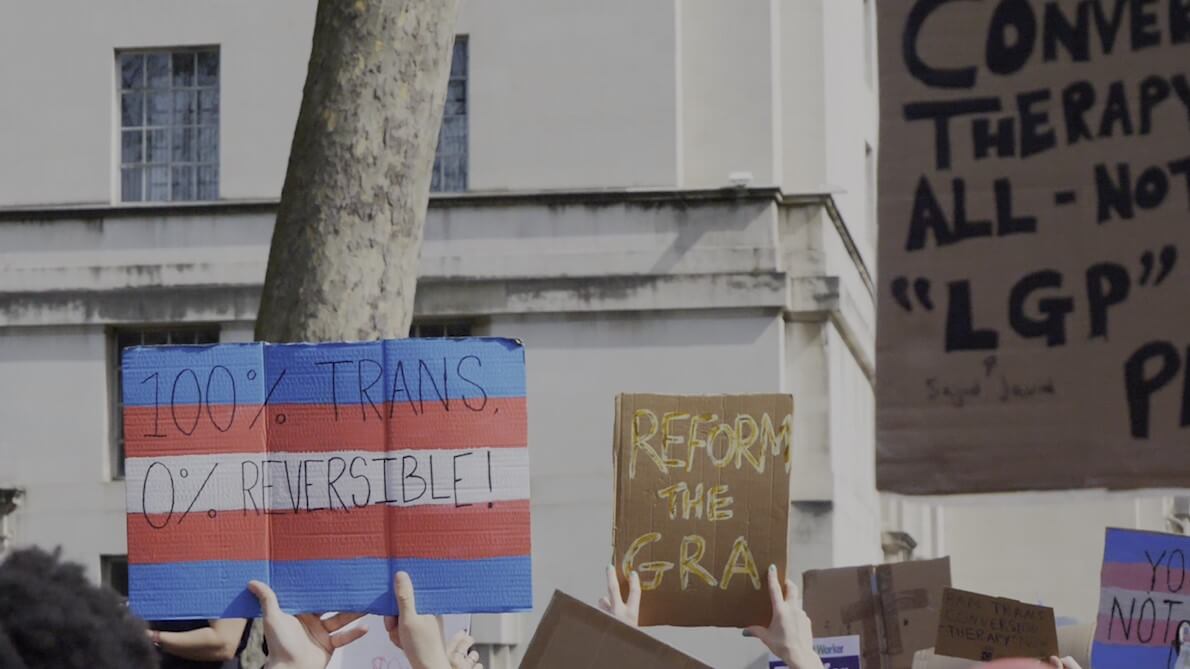
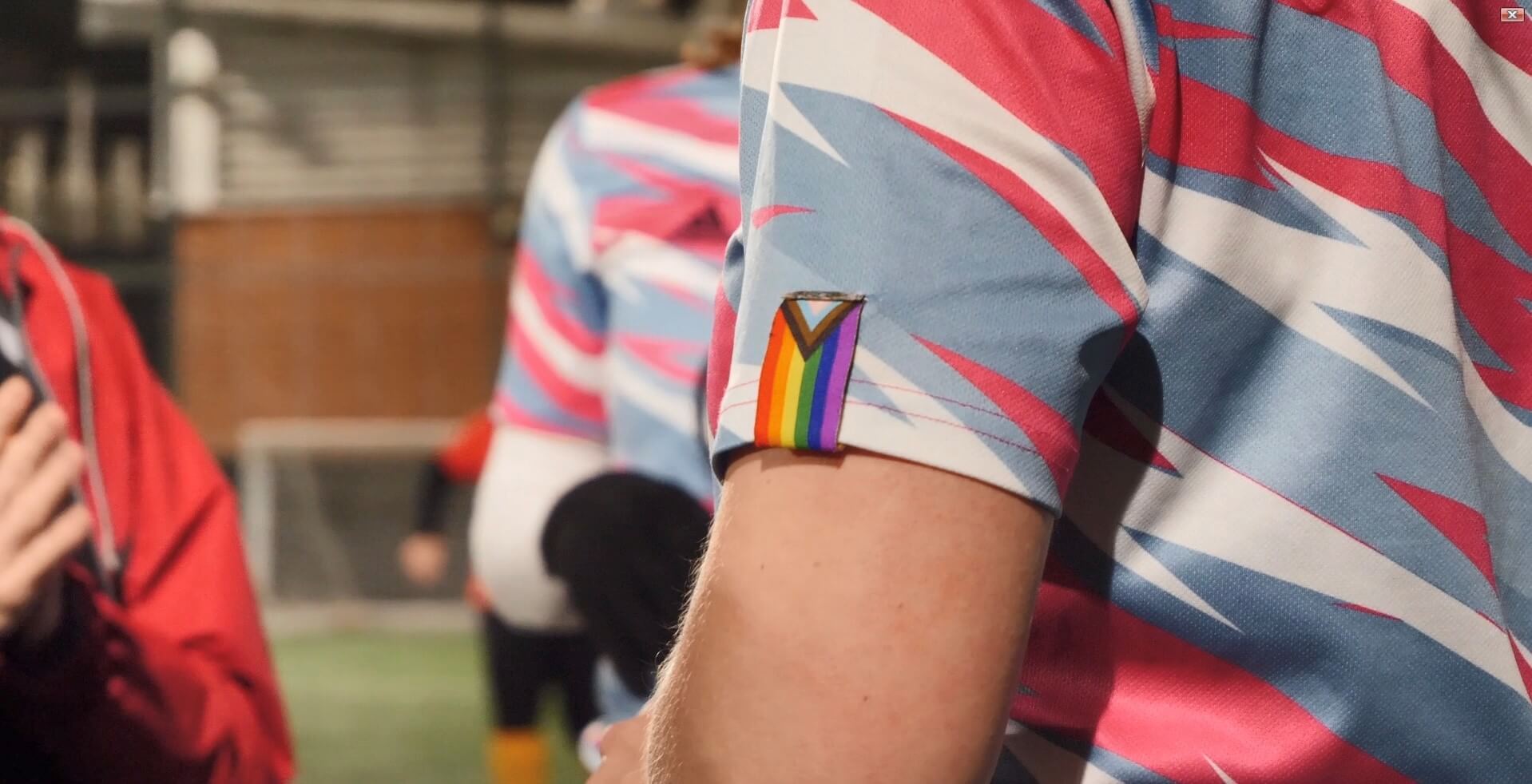
Anne: Hi Quinton. It’s such a pleasure to be talking with one of our very successful alumni, because of course you are a graduate of our BA (Hons) Film Production course at the University of Gloucestershire, completing in 2020 at the start of the Covid pandemic.
I’d like to start by talking to you about your student film, Trans Happiness is Real, which had considerable success. Can you share some of your experience of finding your voice as a student film maker?
Quinton: I came to university knowing I wanted to direct but didn’t know what kind of stories I wanted to tell. University was such a supportive place for my transition, and I as I learnt the importance of visibility and education of the LGBTQ+ community, I started to hone my craft into telling stories on this subject. Trans Happiness is Real was such a great film to have worked on at University of Gloucestershire and really gave me the opportunity to share the lived experiences of LGBTQ+ identities, not only with my peers and professors, but with the wider public when it went into the festival run.
Anne: Following the success of Trans Happiness, you began to carve out what has quickly become a successful career. What was your experience of breaking into this famously competitive world after uni?
Quinton: It was really hard at first, especially as a graduate around the start of the Covid pandemic! Luckily, as this was happening, the film was being shown in various LGBTQ+ film festivals across the globe, and I had some great opportunities such as appearing on virtual panels for Outfest and BFI Flare. I made the jump to living in London after a year of being at home and worked in retail for a while. I knew that being in the city would eventually lead me to film opportunities, and after four months, I accepted a role as Video Content Creator for Stonewall, Europe’s leading LGBTQ+ charity!
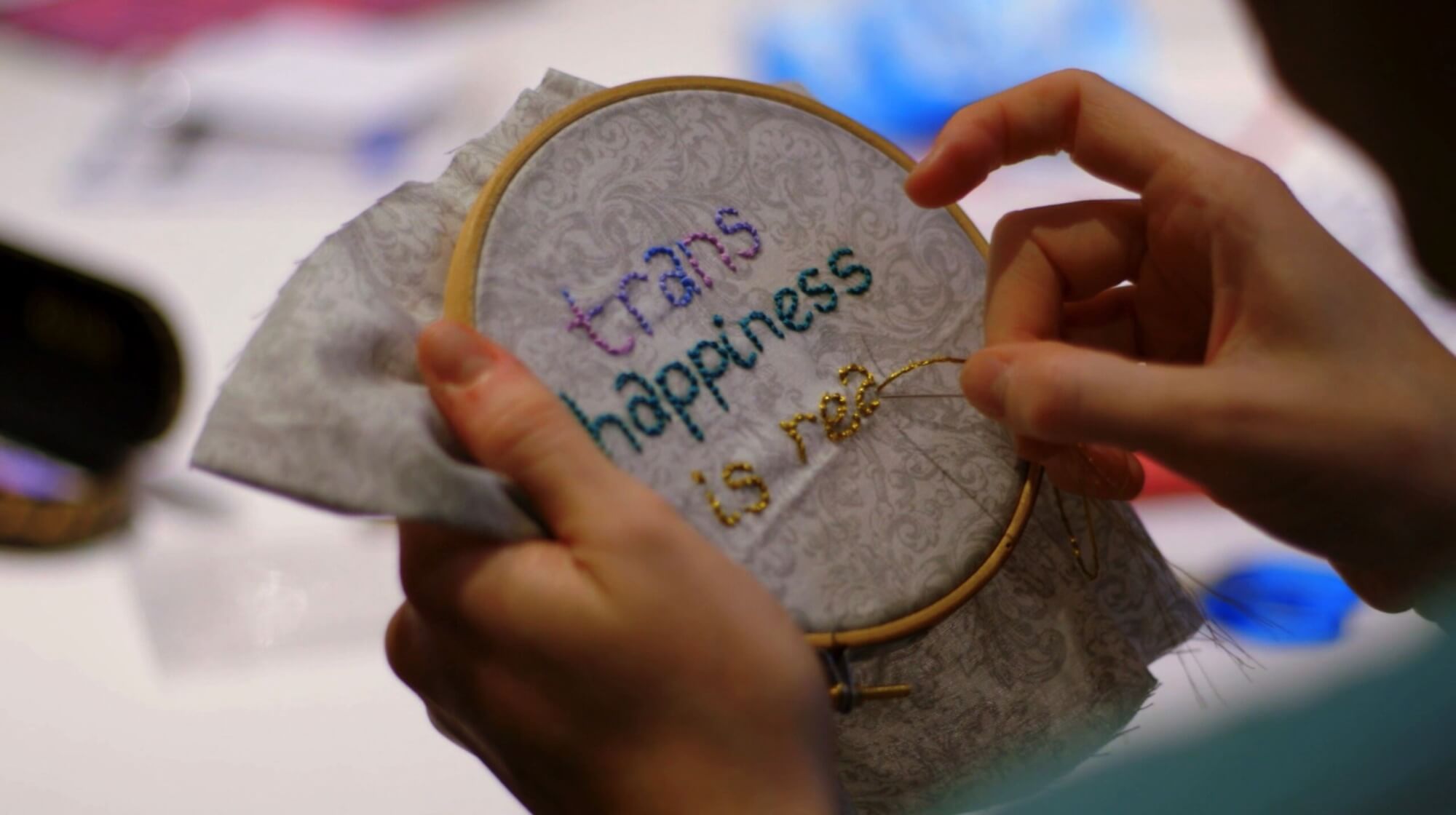
Anne: The film industry has had its very well publicised problems with inclusion and representation; have you found challenges in being a trans film maker?
Quinton: Personally I’ve not found it too challenging, but I’m very lucky to be working for an LGBTQ+ inclusive charity where queer storytelling is the forefront of what we do. There is definitely a thriving community of LGBTQ+ stories being told in the film world and festivals such as BFI Flare do amazing work sharing our creativity! However, more mainstream sectors of the industry are hesitant to accept our narratives. The 2021 Census shows that over 1.5 million people identify as LGBTQ+ in England and Wales – an amazing statistic – and my hope for the future is that we’ll see these stories embraced, celebrated, and seen on the big screen.
Anne: What are you currently working on and do you have any longer term plans and dreams you can share with us?
Quinton: I’m currently working on a number of campaigns with Stonewall. Before Christmas, we finished our Proud Stadium campaign, in which over 60,000 people pledged support to LGBTQ+ Qataris during the Men’s 2022 World Cup. I’m currently involved in a number of reactive campaigns, such as the Gender Recognition Reform in Scotland and banning conversion practices in the UK for all LGBTQ+ people. My goals for the future include doing a part-time Masters course and getting back into long form filmmaking in my free time. I’d love to direct another documentary in the future!
Anne: What is your advice to other film makers at the start of their journey, especially new student film makers?
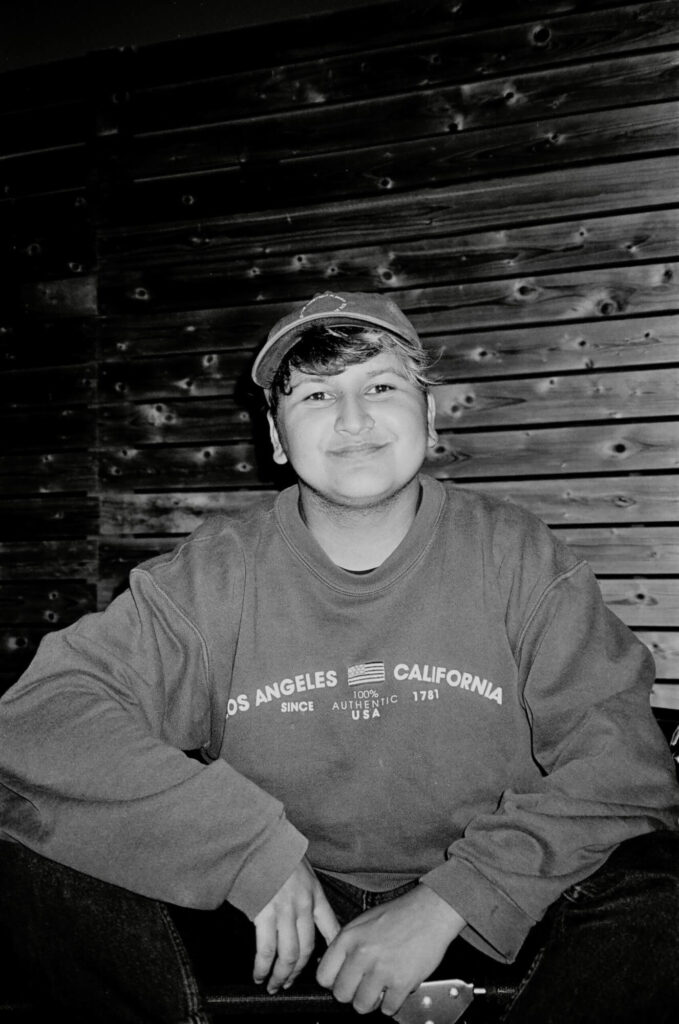
Quinton: My advice would be to experiment as much as possible while at university, whether that’s trying roles you don’t have much experience in or making a genre you’re not familiar with. When I started at university, I was dead set on directing and script writing and steered clear of camera/sound, but actually those two have been pivotal in my job now and although I’ve been able to pick up the skills, I regret not pushing myself whilst I had the teaching support available to me! And remember: it’s okay to try something and it not turn out great because at least you’ve given it a go, and you might find you’re actually an incredible editor or cinematographer along the way!
At the heart of University of Gloucestershire’s vision is to foster an inclusive culture, where staff and students feel welcomed, respected, safe, and empowered to share their cultures, heritage and identities and encouraged to question and engage in open debate.
We’d like to thank Quinton Baker for sharing his story and images with us.
To view more stories in the latest edition of Fyne Times, see the link below.
https://library.myebook.com/FYNE/fyne-times-history-month-edition-2023/4609/Don’t forget you can follow us on Twitter @UoGEquality



